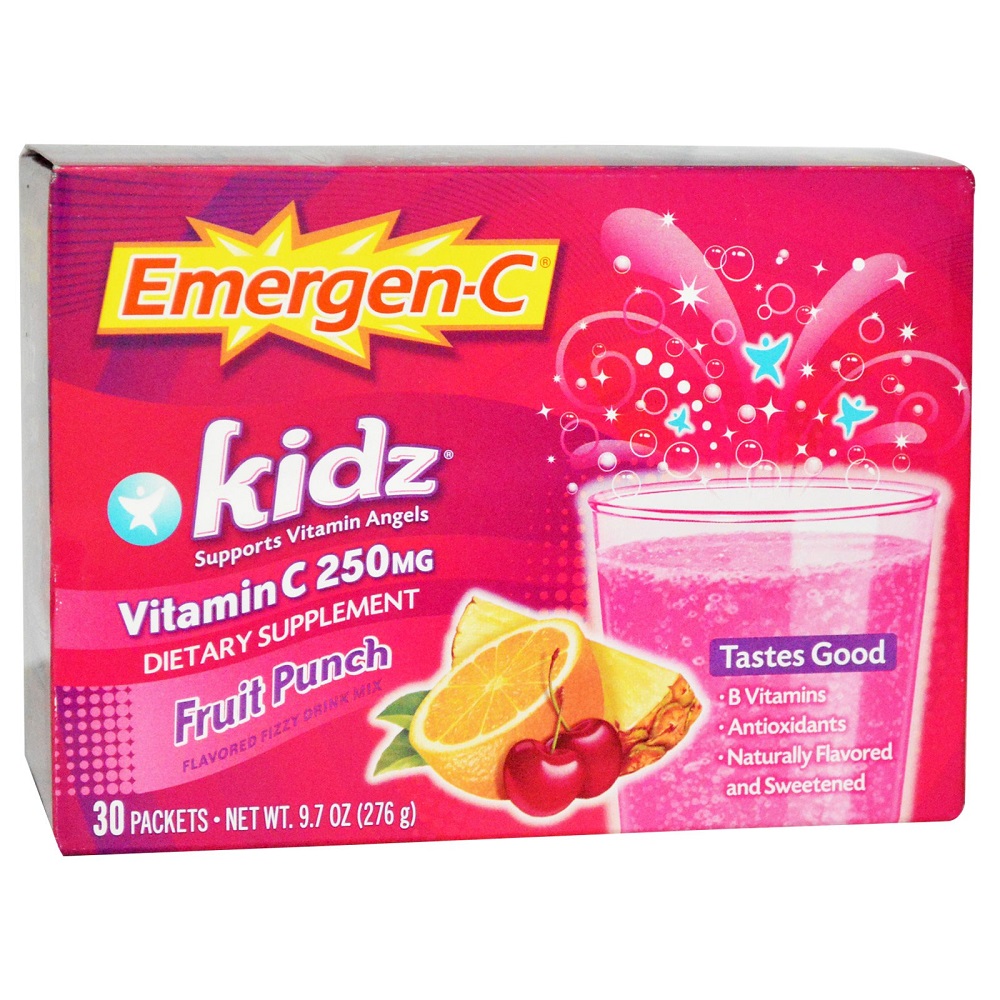| Calories | A calorie is a unit of energy. In nutrition and everyday language, calories refer to energy consumption through eating and drinking and energy usage through physical activity. |
|---|
| Carbohydrate | Carbohydrates are one of the main types of nutrients. They are the most important source of energy for your body. |
|---|
| Sugars | Sweetener Derived from Natural Sugar Cane |
|---|
| Vitamin C | Vitamin C is an antioxidant found in fruits and vegetables. It is important for your skin, bones, and connective tissue. It promotes healing and helps the body absorb iron. |
|---|
| Niacin | Niacin helps in creating sex hormones for people suffering through sexual disorders like impotence and erectile dysfunction. Vitamin B3 performs the important function of converting proteins, carbohydrates and fats into energy. |
|---|
| Vitamin B6 | Vitamin B6 plays an important role in refurbishing the immune system of the human body to the required functional level. |
|---|
| Folic Acid | Folic acid helps your body produce and maintain new cells, and also helps prevent changes to DNA that may lead to cancer. Folic acid is needed for the proper development of the human body. It is also used to prevent heart disease |
|---|
| Vitamin B12 | Vitamin B12 is applied to the skin either alone or in combination with avocado oil for psoriasis and eczema. |
|---|
| Pantothenic Acid | Vitamin B5 is very good at strengthening the immune system of the human body. |
|---|
| Calcium | Calcium is a mineral that is an essential part of bones and teeth. The heart, nerves, and blood-clotting systems also need calcium to work. |
|---|
| Phosphorus | Phosphorus is a mineral that makes up 1% of a person’s total body weight. |
|---|
| Magnesium | Magnesium is required for the proper growth and maintenance of bones. Magnesium is also required for the proper function of nerves, muscles, and many other parts of the body. |
|---|
| Zinc | Zinc is used for boosting the immune system, treating the common cold and recurrent ear infections, and preventing lower respiratory infections. |
|---|
| Manganese | Manganese is an essential nutrient involved in many chemical processes in the body, including processing of cholesterol, carbohydrates, and protein. |
|---|
| Chromium | Chromium helps to move blood sugar (glucose) from the bloodstream into the cells to be used as energy and to turn fats, carbohydrates, and proteins into energy. |
|---|
| Sodium | Sodium is an element that the body needs to work properly. |
|---|
| Potassium | It helps nerves and muscles communicate. |
|---|
| Quercetin | Quercetin has antioxidant and anti-inflammatory effects. |
|---|
| Fructose | A yellowish to white, crystalline, water-soluble, levorotatory ketose sugar, C 6 H 12 O 6, sweeter than sucrose, occurring in invert sugar, honey, and a great many fruits: used in foodstuffs and in medicine chiefly in solution as an intravenous nutrient. |
|---|
| Fruit Juice Powders | Juice from concentrate provides an economical way |
|---|
| Citric Acid | It is often used for proper mineral supplementation of food, as an acidity regulator, and as a flavor compound. Citric acid enhances the activity of many beneficial antioxidants, but is not, itself, an antioxidant. |
|---|
| Natural Fruit Punch Flavor | The ingredient wiki you are looking for is coming soon. Our research team is searching for the best possible description we can find. |
|---|
| Malic Acid | Taking malic acid supplements is beneficial for conditions such as fibromyalgia and chronic fatigue syndrome. It can help with oral hygiene as well. |
|---|
| Vegetable Juice Color | Vegetable juice color is the synthetic way to color drinks or food. |
|---|
| Tartaric Acid | The acid is said to act as both an antioxidant and an anti-inflammatory which can help bolster the immune system and promote overall wellness. |
|---|
| Tapioca Maltodextrin | Tapioca maltodextrin is a type of food starch derived from tapioca that is used as a food additive to add bulk to and stabilize certain substances. |
|---|
| Stevia | Stevia is an intensely sweet natural sweetener that is harvested around the world from the stevia rebaudiana plant. |
|---|
| Silica | Increasing bone mineral density when obtained from foods. |
|---|
| Glycine | Glycine is also involved in the transmission of chemical signals in the brain, so there is interest in trying it for schizophrenia and improving memory. |
|---|
| Aspartic Acid | Like all amino acids, your body can use aspartic acid to provide your cells with energy; the cells burn it to generate ATP, or adenosine triphosphate, which is a cellular energy currency. While aspartic acid is useful, it’s not essential in the human diet — your body makes it from a molecule called oxaloacetate, which you produce any time you metabolize fuel, regardless of whether the fuel is carbohydrate, protein or fat. |
|---|
| Cysteine Hydrochloride | L-cysteine is a conditionally-essential amino acids. It is usually made in the body but under some circumstances it may need to be digested in the food we eat, or supplemented. Some infants, seniors or persons with metabolic disorders may have to supplement with L-cysteine hydrochloride or eat diets rich in amino acid sources. The supplement is also used to improve the health of skin and hair. |
|---|



Reviews
There are no reviews yet.